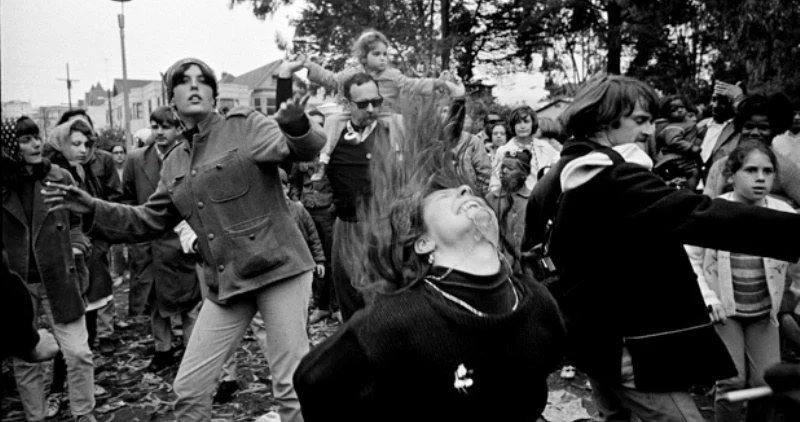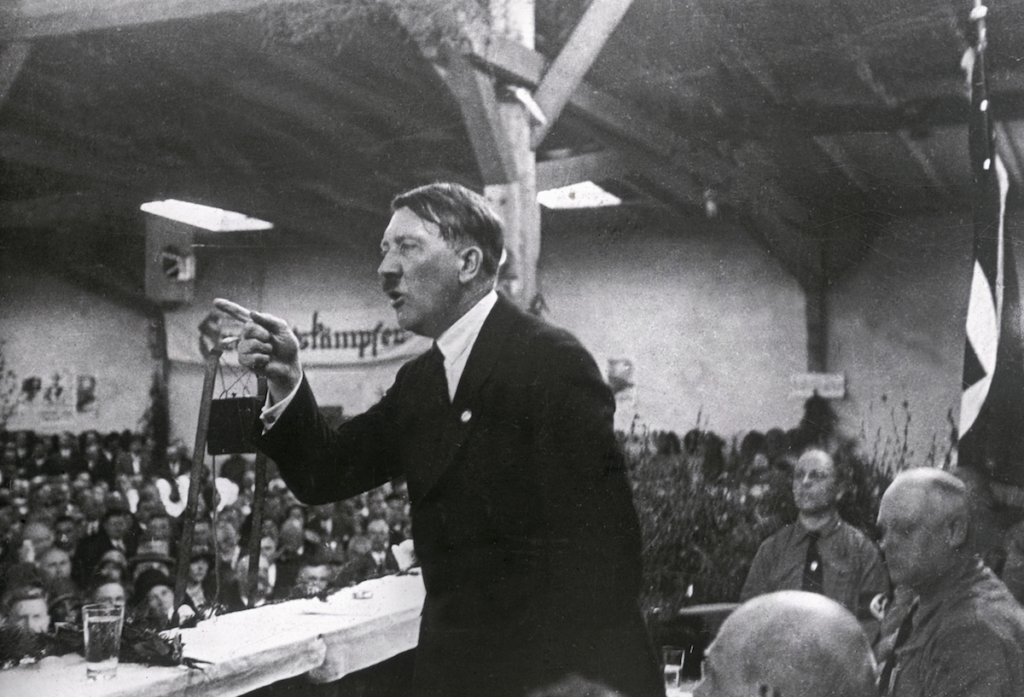Admittedly I am neither a graduate of the Harvard Kennedy School nor a policy wonk for the Brookings Institution. In other words, none of the great policy makers are ever going to seek my thoughts or recommendations on immigration or related issues. I could argue that living in Central America for 5+ years would offer me some kind of credentials, but in general people who make policy, control funding, and exert power- sometimes referred to as the Establishment- are not concerned with actual, real-life experience, but with academic pedigrees. It’s kind of like the real world of the Establishment is the pretend world, and those who make decisions that can effect millions of people tend to dismiss, and even disdain, lessons from the actual real world: it’s less hassle to live and advance in the pretend real world than in the real real world. At some level pretend real world people are envious of the real real world people. In the recent presidential election, for example, millions were apparently impressed that the Democrat candidate might have once worked briefly at a MacDonald's decades ago, which in their minds gave her real real world credentials.


Of the 5+ years in Central America the majority of the tine was in Honduras, with a little less than 6 months in Guatemala in 2001-2002, where I was involved in 2 or 3 volunteer efforts. Beginning around 2005 my wife and I developed a children’s charity project in a small, rural village in Honduras, and opened in May 2007, a place where kids could come and have wholesome fun- arts and crafts, story-time, play and sports- and receive breakfast, lunch, and snacks; it proved to be very successful. Living in a village as the rare gringos contrasts to what is called living as an expat, a perfectly fine life choice but it tends to keep one insulated among fellow English speaking expats with limited exposure to the culture and people. Many expats don’t have the need to learn other than basic Spanish, but we had to become pretty functional in Spanish in order to do what we did.













